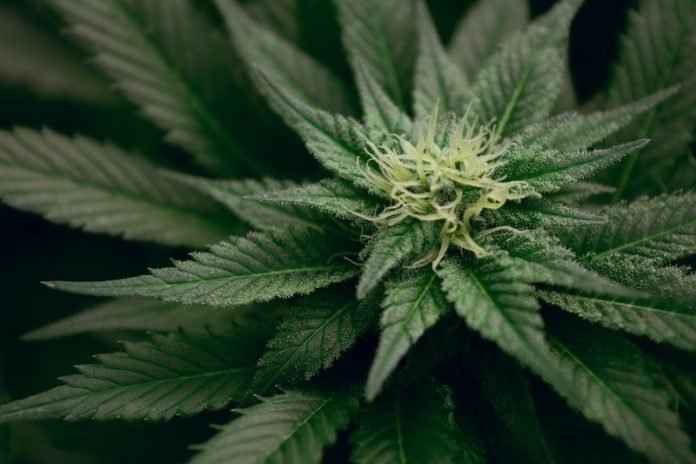
Cannabis is one of the most widely used psychoactive substances worldwide, with 6-7% of the population in Europe using it every year, over 15% in the USA, and around 188 million people globally.
The drug has been legalized in 11 US states, Canada, and Uruguay, and policymakers elsewhere are deliberating whether to allow the medicinal use of cannabis products.
Over 150 years ago, a first study found an association between cannabis use and psychotic symptoms, such as paranoia and hallucinations, and the effects were subsequently linked to THC.
Many studies support the original findings, but there have been discrepancies, and the contribution made by factors such as dose, prior cannabis use, and the method of administration (inhaling, oral capsules, or intravenous injections) has not been systematically evaluated.
In a recent study from King’s College London, researchers found that a single dose of the main psychoactive component in cannabis, tetrahydrocannabinol (THC) can induce a range of psychiatric symptoms.
In addition, they did not find consistent evidence that cannabidiol (CBD) induces psychiatric symptoms itself or that it moderates THC’s effects in healthy volunteers.
Smokers are less sensitive to the effects of THC, but this finding is preliminary, and the authors do not recommend using tobacco for this purpose.
The study is published in The Lancet Psychiatry. One author is Professor Oliver Howes from King’s College London.
In the study, the team did a systematic review of 15 studies including 331 people with no history of psychotic or other major psychiatric disorders.
These studies included scores for an increase in severity of positive psychotic symptoms (including delusions and hallucinations), negative psychotic symptoms (such as blunted affect and motivation), and general symptoms (including depression and anxiety).
The doses of THC in the meta-analysis ranged from 1.25mg to 10mg, leading to peak THC blood levels of 4.56 to 5.1 ng/ml when orally administered and 110-397 ng/ml when injected or inhaled.
These blood levels are comparable to those seen shortly after smoking a single typical cannabis joint containing 16-34mg of THC.
Compared to placebo, the team found THC was found to induce much more severe positive psychotic symptoms (average effect size of 0.91), negative symptoms (average effect size 0.78), general symptoms (average effect size 1.01) and total symptoms (average effect size 1.10).
Intravenous use had more pronounced effects than inhaled THC on psychotic and negative symptoms.
Greater induction of psychotic symptoms by THC was linked to lower rates of tobacco use, and greater induction of negative symptoms was linked to a higher age.
These finding showed that THC can temporarily induce psychiatric symptoms in healthy people highlights the risks from the use of THC-containing cannabis products.
This potential risk should be considered in discussions between patients and medical practitioners thinking about using cannabis products with THC.
This work will also inform regulators, public health initiatives, and policymakers considering the medical use of THC-containing cannabis products or their legalization for recreational use.
Copyright © 2020 Knowridge Science Report. All rights reserved.



